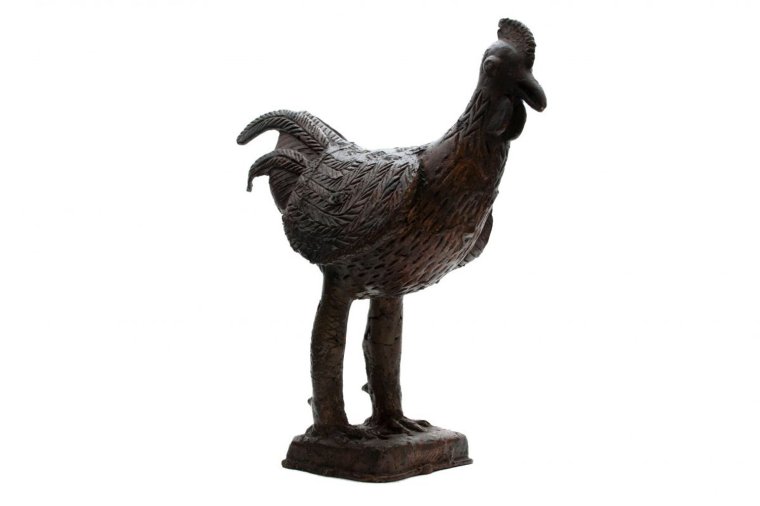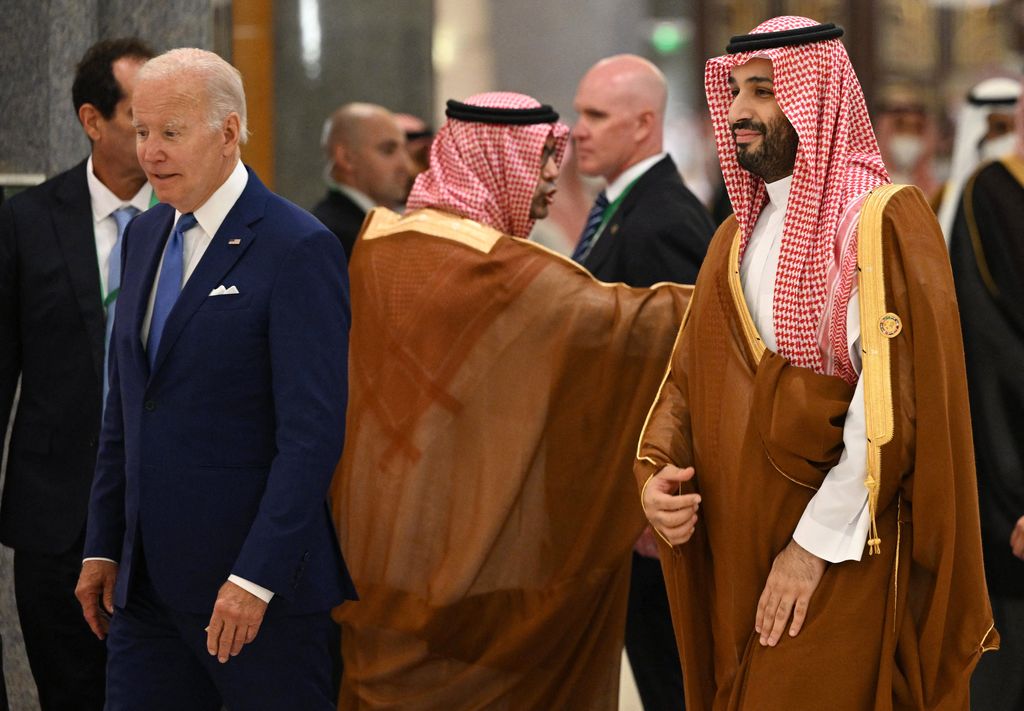Global community urged not to let Ukraine crisis affect support for African nations
ISTANBUL The international community has been urged to ensure that the fallout from the Ukraine crisis should not have an impact on global support for African nations.A joint statement released after a meeting of the Forum on China-Africa Cooperation on Thursday held virtually and addressed by China’s Foreign Minister Wang Yi, urged the international community to “actively help African countries address food security, climate change, energy crisis and other global issues.”Expressing support for a peaceful negotiation between Russia and Ukraine, the statement called on the international community not to “level down support and input to Africa because of the Ukraine issue.”Russia launched a war on Ukraine in February of this year, resulting in hundreds of deaths on both sides and millions fleeing the country, affecting global supply chains, especially energy and food supplies.However, thanks to the efforts of Türkiye and the UN, a grain corridor with a coordination center in Istanbul has been established, allowing food supplies from Ukraine and Russia to reach the rest of the world.“The two sides urge the international community to take seriously Africa’s concerns on expanding development financing and promoting economic recovery, accelerate the channeling of Special Drawing Rights, in a bid to help Africa achieve independent and sustainable development,” the statement said.Wang told the forum that China supports the African side in implementing the “Silencing the Guns” initiative as the two sides noted that the world is facing growing security challenges, condemning all forms of terrorism and violent extremism.Reciprocal supportReaffirming their commitment to the principle of non-interference in internal affairs, the Chinese side urged the international community to “provide financial and technical support to counter-terrorism operations led by Africa in accordance with the mechanisms of the African Peace and Security Architecture.”Expressing support to uphold the purposes and principles of the UN-centered international system, the statement urged upholding “equality among all countries regardless of their size, strength and wealth.”Without mentioning any country, the two sides opposed unilateralism, power politics, racial discrimination, the formation of opposing blocs, and division and confrontation.The statement reaffirmed their mutual support for territorial integrity, sovereignty, security, and development interests, saying “there is but one China in the world … Taiwan is an inalienable part of China’s territory, and the government of the People’s Republic of China is the sole legal government representing the whole of China.”“The African side reaffirms its commitment to the one-China principle, and its support for China’s national reunification and China’s efforts to safeguard the sovereignty and territorial integrity,” it added.China and African nations also said they will continue to fight COVID-19 with “solidarity, deepen practical cooperation, promote green development, uphold equity and justice.”According to the statement, the two sides will synergize China’s multi-billion-dollar Belt and Road Initiative, the Global Development Initiative with the African Union’s Agenda 2063, and national development strategies of African countries, “in order to elevate China-Africa cooperation to higher levels.”
Anadolu Agency website contains only a portion of the news stories offered to subscribers in the AA News Broadcasting System (HAS), and in summarized form. Please contact us for subscription options.
Details








